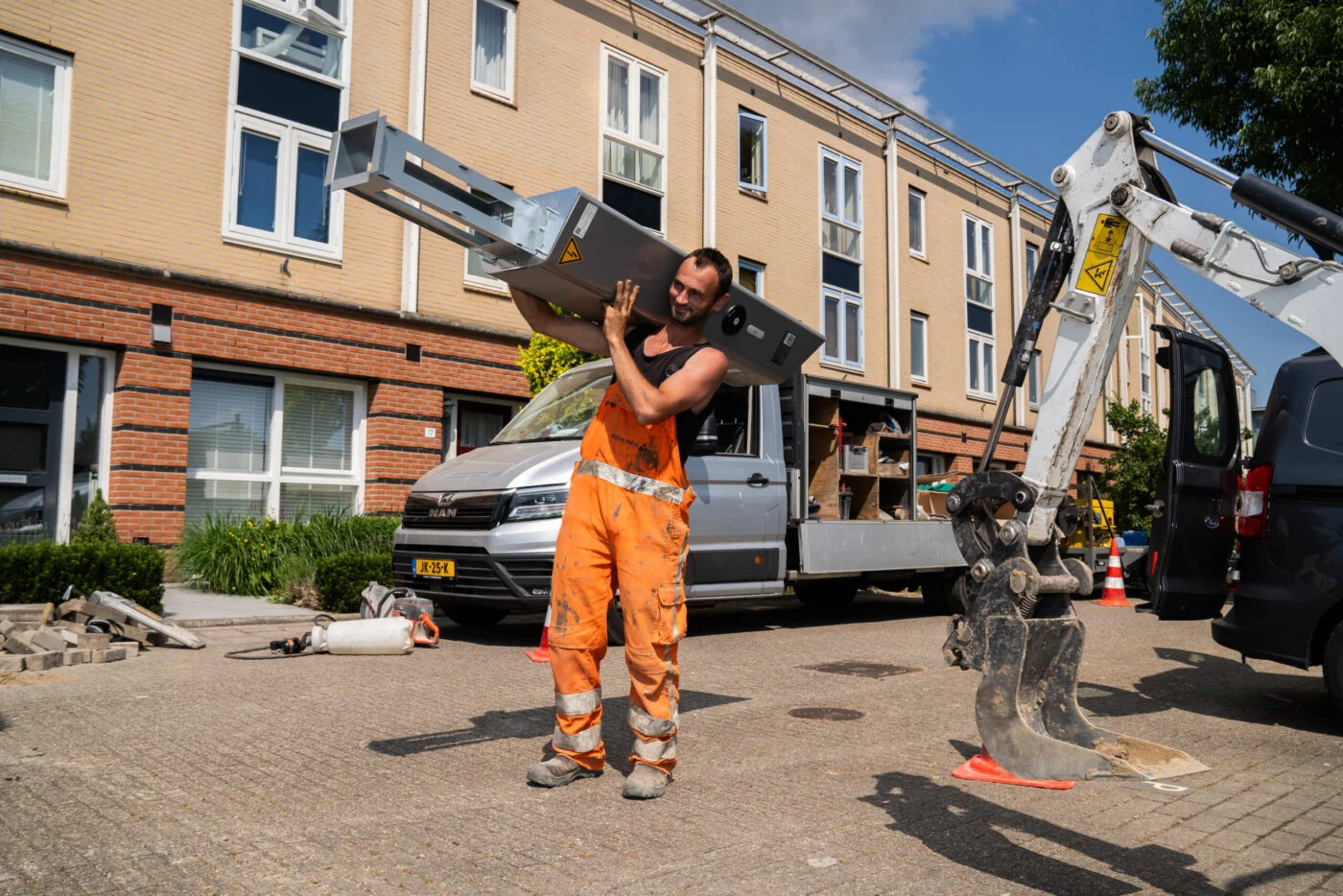Every day, investments in infrastructure become more necessary to meet the future demand for electric vehicles (EVs), as the number of units in circulation is expected to increase to 44 million by 2030.
That’s why it’s expected that by this year, the European continent will have over three million charging stations, offering both direct current (DC) and alternating current (AC) charging options.
It’s worth mentioning that the distribution of stations in Europe is not uniform.
Countries like Norway, the Netherlands, and Sweden have the highest concentration of hubs per capita, while Bulgaria, Romania, and Lithuania have the lowest quantity.
Moreover, authorities and industry leaders anticipate that Germany will have the highest number of charging points, with over 950,000 units installed, followed by France with 600,000.
Which renowned companies have already announced significant investments to achieve the stated objectives?
Below, Mobility Portal Europe shares the details.
Connected Kerb to install 2,100 charging points in England
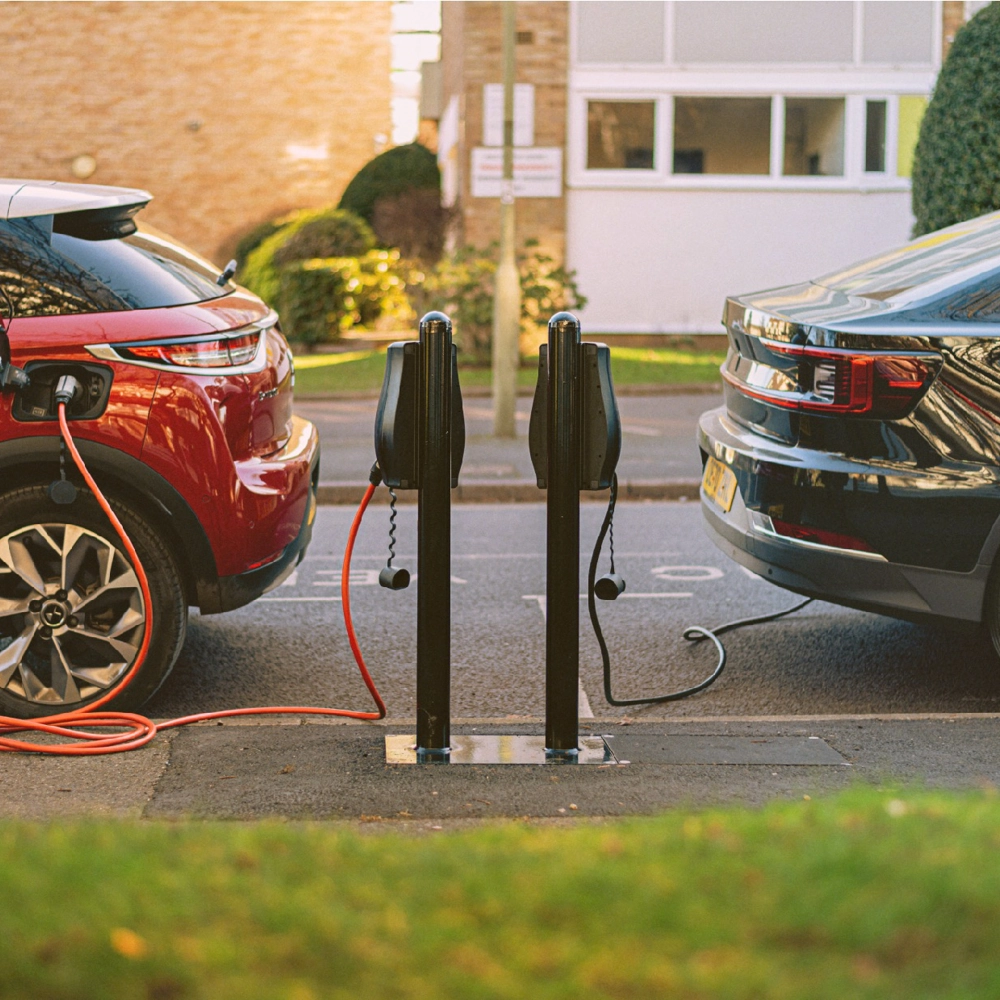
This UK-based charging point operator announced plans to more than double the number of zero-emission car chargers in northeast England, following its partnership with South Tyneside Council.
Both companies will collaborate to implement up to 2,100 new charging points.
This partnership would mark the largest installation of public devices in northern England to date.
The region, despite hosting approximately four per cent of the UK’s population, only has 2.7 per cent of charging stations.
That is, it equates to only 58 chargers per 100,000 people, compared to 193 in London.
The new partnership would provide a 126 per cent increase in infrastructure but will be implemented over 20 years, starting from March.
However, the partners announced that the partnership would see 80 per cent of the chargers operational within the next two years, increasing the number of chargers operated by the council in South Tyneside by over 30 times.
Chris Pateman-Jones, CEO of Connected Kerb, says, “With millions of pounds available to local authorities from government initiatives like the LEVI Fund, councils will be able to take decisive and meaningful action to implement charging points where their communities need them.”
EDF Group to deploy 8,000 ultra-fast charging points in France
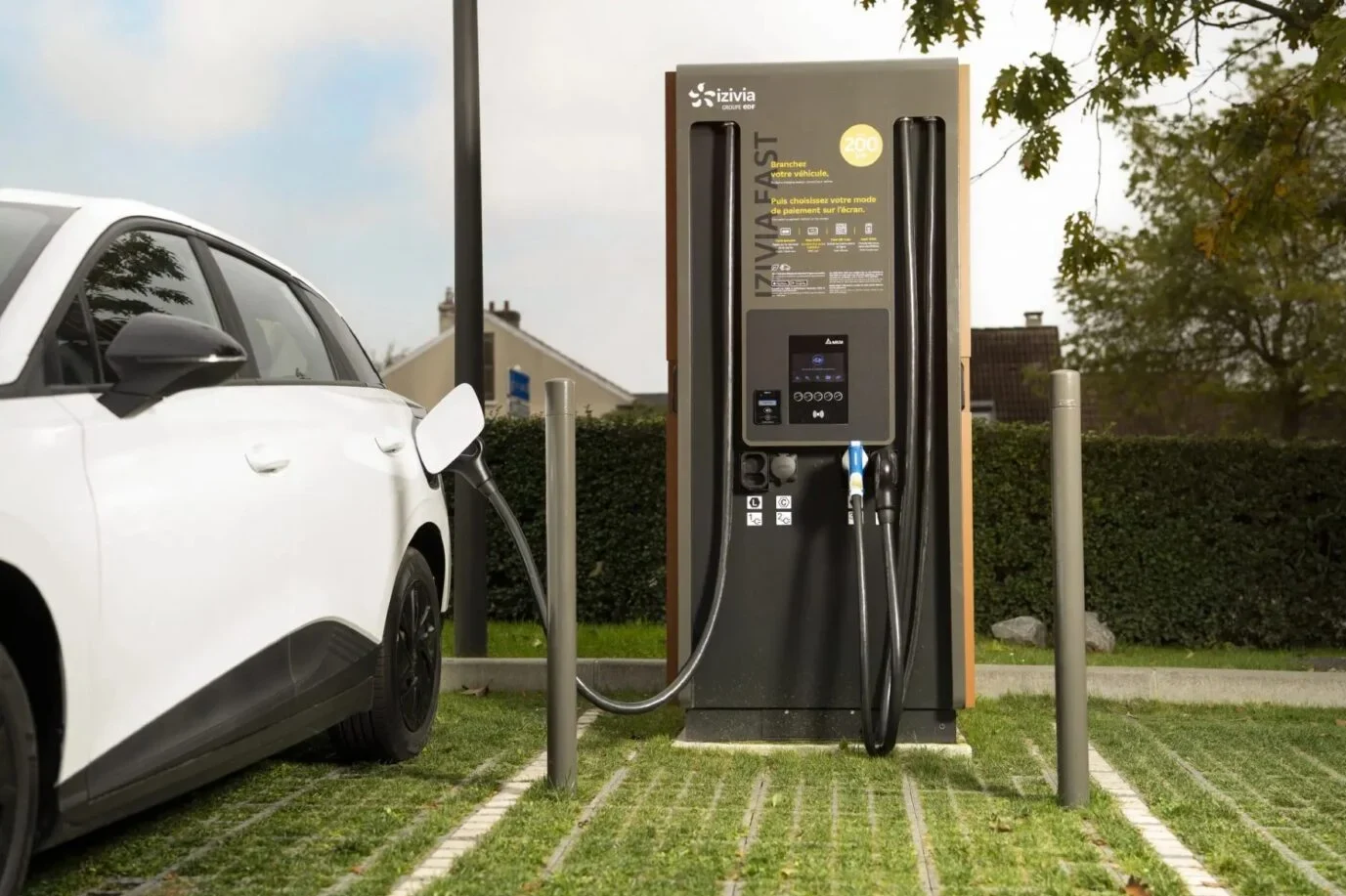
EDF Group and Morrison have established a joint financing platform aimed at driving the development of public EV charging solutions in France.
Through this collaboration, it is intended to invest up to 450 million euros to build and deploy around 8,000 ultra-fast charging points across the country by 2030.
These will be located on the street or in private parking areas accessible to the public, adjacent to restaurants or retail stores.
Demand for charging is expected to increase in parallel with the projected rise in zero-emission unit sales, as by 2030, the number of EVs in France is expected to reach 6.5 million.
Eldrive to implement 4,376 charging points in Eastern Europe
Specifically, with the financial support of InvestEU and the EIB, the firm plans to invest around 146 million euros to implement 4,376 new charging points in Romania, 2,575 in Lithuania, and 1,530 in Bulgaria.
Currently, Eldrive operates over 1,200 charging points in the three countries.
“Having the EIB as a partner in this project will help us to rapidly and effectively expand our network and become one of the leading charging point operators in Europe,” says Stefan Spassov, CEO of Eldrive.
Meanwhile, Kyriacos Kakouris, Vice President of the EIB, states: “The transition to electric mobility can help reduce greenhouse gas emissions as well as air pollution.”
“However, a serious shift towards electric vehicles cannot take off without the necessary infrastructure,” he adds.
Eleport to install 800 chargers in Eastern Europe
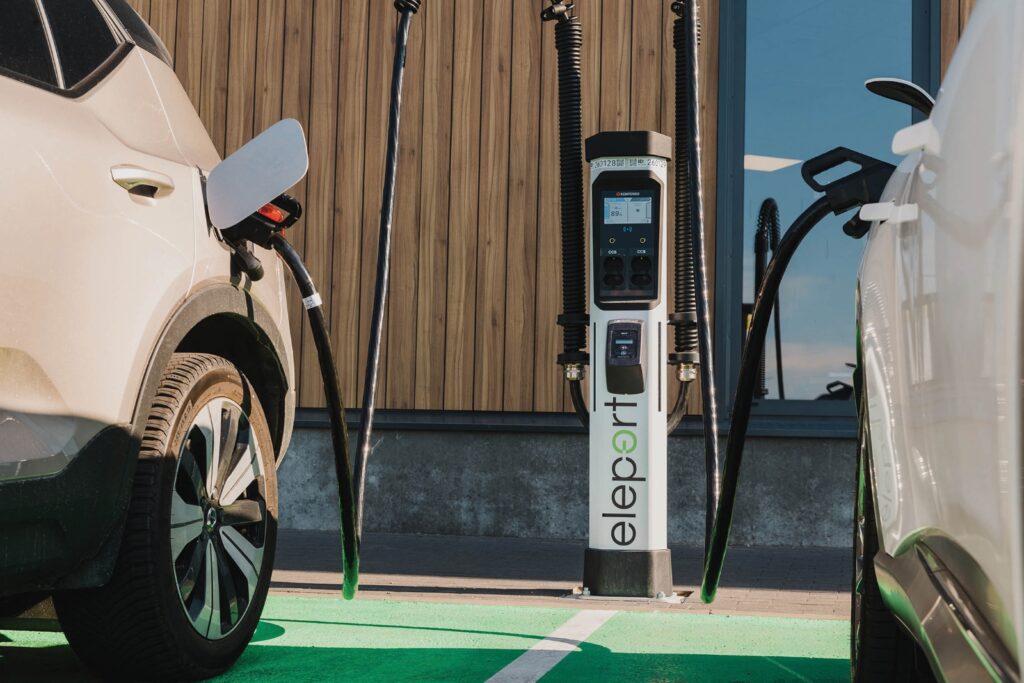
Eleport announced the closing of a financing round from its current investors, Ambient Sound Investment and Gren.
With ambitious plans, the company aims to allocate over 20 million euros during 2024 and over 100 million euros in the coming years to expand its charging network.
This year, the company aims to install 800 new charging devices, complementing its current network of 550 points distributed in Poland, Lithuania, Latvia, and Estonia.
With this increase, the company will account for more than 1,350 units, representing a significant increase of 145 per cent compared to the previous year.
Additionally, the company expects to see a notable year-on-year revenue increase of approximately 300 per cent in 2024.
Raúl Potisepp, CEO of Eleport, states: “Our goal is both to gain new individual customers and to strengthen our presence in the B2B market, for example, through new contracts with corporate fleet operators or agreements with large retail chains.”
Electra to install over 1000 charging points in Spain
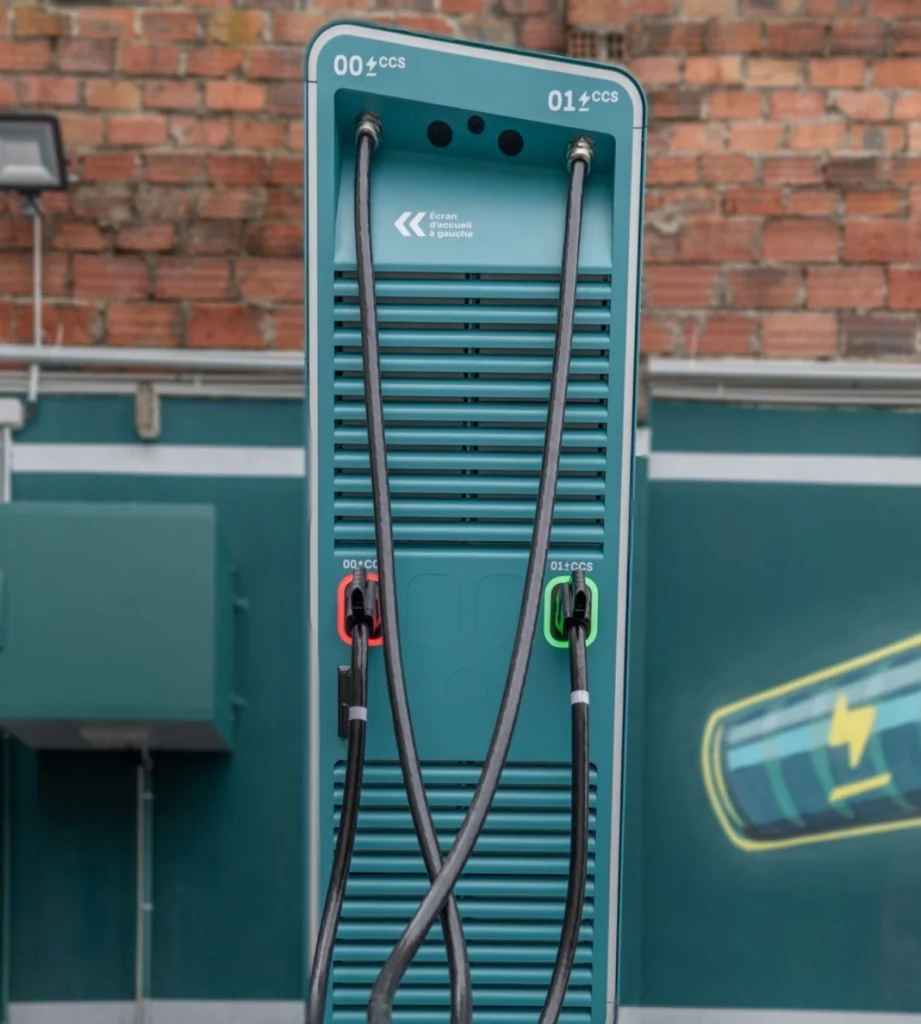
Bastian Verot, Co-CEO of Electra, announced that the company has entered the national market intending to establish itself as a leading player in the local and urban charging sector.
In this regard, the firm will invest 100 million euros to install over 150 hubs, totaling 1,000 charging points, in Spain by 2027.
Simultaneously, it is finalizing several strategic agreements at the national level, including the recent pact with Altarea Comercio to establish eight ultra-fast charging points, each with a maximum power of 200 kilowatts, at the Sant Cugat Shopping Center, located in the metropolitan area of Barcelona.
The opening of this station is scheduled for next September.
Another example of Electra’s expansion is the implementation of 34 charging points at the Parque Mediterráneo Shopping Center in Cartagena, in collaboration with Grupo FREY.
This project includes the installation of 16 ultra-fast points and is expected to be completed by the end of 2024.
Powerdot will invest in 15,000 charging points across 5 countries
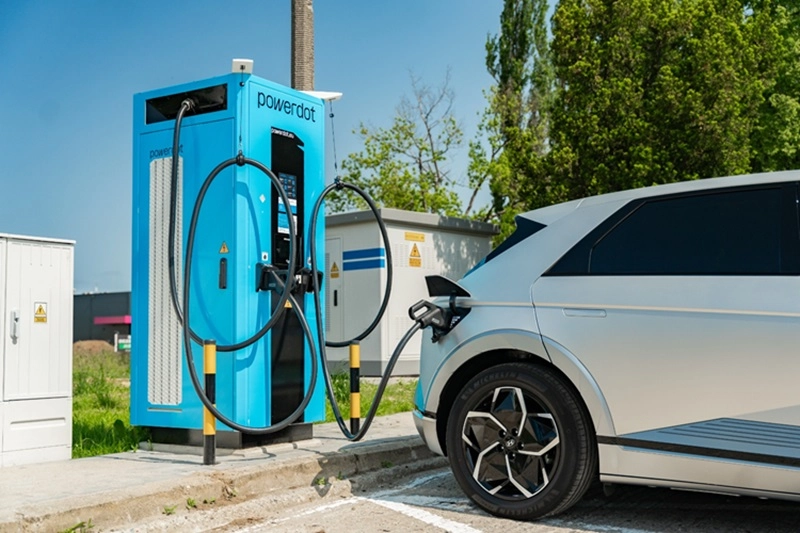
Powerdot plans to invest 260 million euros by 2025 in its operational markets, including Portugal (30 million), Spain (30 million), France (153 million), Belgium (5 million), and Poland (42 million).
This funding will be allocated to the installation of 15,000 charging points.
Regarding this, Luís Santiago Pinto, CEO of Powerdot, stated at the time: “With over 5,000 operational charging points and over 10,000 in the project, we are ready for sustainable growth and to lead the transition towards more accessible and efficient electric mobility.”
Trojan Energy will allocate £26 million to expand
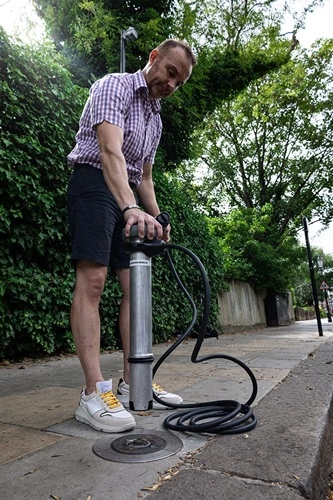
Trojan Energy secured a 26 million pounds investment to support its expansion plans.
This financing includes an 8 million pounds contribution from growth capital investor BGF, along with an additional 18 million pounds investment from the Scottish National Investment Bank (SNIB).
Currently, the UK government aims to expand the network of public charging points from around 50,000 to over 300,000 by 2030, meaning an additional 250,000 units.
In this regard, Trojan Energy’s solutions will support the sector’s continued growth while addressing drivers’ concerns about the availability of public charging points.
As of the announcement date, the firm operates 600 charging points in four councils (Camden, Brent, Barnet, and Oxfordshire).
Ubitricity, Vattenfall InCharge, and TotalEnergies would work on 35,000 new charging points
Over the next four years, up to 35,000 new public charging points will be installed in 74 municipalities in the provinces of North Holland, Flevoland, and Utrecht in the Netherlands.
Ubitricity, Vattenfall InCharge, and TotalEnergies will be responsible for installing, managing, and operating the new stations, thanks to the tender awarded by the electric mobility project agency MRA-Electric.
The project will commence this year and will be completed no later than 2028.
According to Vattenfall InCharge, the first columns could be operational by mid-year, and the project is expected to be completed by 2028 at the latest.
It is worth mentioning that, according to their data, Ubitricity is entitled to the majority of the points to be built.
In addition to public alternating current (AC) charging points, MRA-Electric also awarded contracts for fast charging stations in the region.
In this context, concessions were granted to Shell, TotalEnergies, and NXT 50five.
As part of this tender process, 600 new rapid chargers will be installed and connected to the grid, with 200 from each of the three mentioned Charge Point Operators (CPOs).
According to MRA-Electric, municipalities have already identified 176 locations for these new direct current (DC) charging columns.





